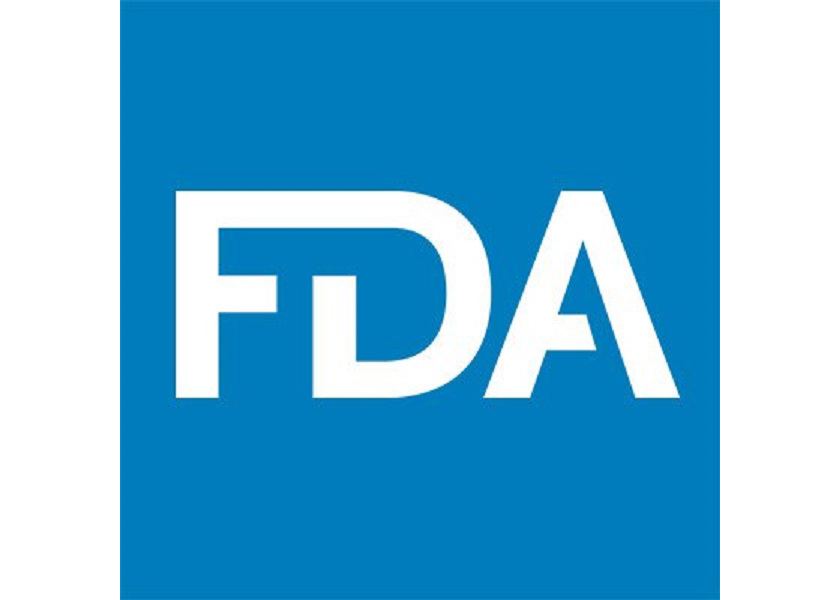FDA announces signing of domestic mutual reliance agreements with California, Florida, Utah and Wisconsin

The U.S. Food and Drug Administration today announced that California, Florida, Utah and Wisconsin have entered into domestic mutual reliance agreements with the agency.
These Mutual Reliance agreements facilitate a coordinated effort between the FDA and individual states with goals to reduce human foodborne illness outbreaks, reduce duplication of regulatory oversight and increase public health protection by focusing on areas of higher risk.
“Foodborne illness outbreaks are largely preventable but can have devasting consequences for consumers,” said Erik Mettler, assistant commissioner for partnerships and policy in the FDA’s Office of Regulatory Affairs (ORA). “The FDA is committed to keeping Americans safe. As part of our commitment, we are using these partnerships to strengthen our relationship with our state regulatory partners and improve industry compliance with applicable food safety requirements to reduce foodborne illness outbreaks.”
These new mutual reliance agreements help the FDA to work in cooperation with the states of California, Florida, Utah and Wisconsin to rely on, coordinate with and leverage one another’s work, data and actions to achieve a safer national food supply. As envisioned in the FDA Food Safety Modernization Act (FSMA), the Partnership for Food Protection and the New Era of Smarter Food Safety blueprint, the mutual reliance agreements will enhance the existing relationships with states and government counterparts, moving the nation toward an Integrated Food Safety System.
“A strong, integrated system is essential to a safe food supply. Mutual reliance between the FDA and individual states is one example of the many actions the agency is taking to address our nation’s increasingly complex food production and distribution systems,” said Michael Rogers, assistant commissioner for the Office of Human and Animal Food Operations in the FDA’s ORA. “We expect that as more states sign mutual reliance agreements, it will help reduce redundancy and duplication of effort, optimize the impact of our collective oversight, and allow us to build on the long-standing relationships that we have with our state regulatory partners. This is truly a step forward towards achieving a seamless integrated food safety system between the federal and state regulators.”
The FDA will collaborate with partner states on data sharing, risk prioritization, inspections, outbreak investigations, development and monitoring of key metrics and laboratory capacity, among many other key focus areas. The domestic mutual reliance framework provides opportunities for the FDA and partners to jointly identify needs to better protect the public and leverage work from other regulatory programs. In addition, it will provide knowledge to build quality management systems and infrastructures to support national regulatory standards, including those related to resource allocation, training, outreach and information exchange.
FSMA was signed into law in 2011 and enables the FDA to focus on the prevention of foodborne illness rather than relying primarily on reacting to problems after they occur. The Act provides the FDA with authority to achieve higher rates of compliance with prevention and risk-based food safety standards. In addition, the FDA has the authority to better respond and contain food safety concerns when they do occur.







